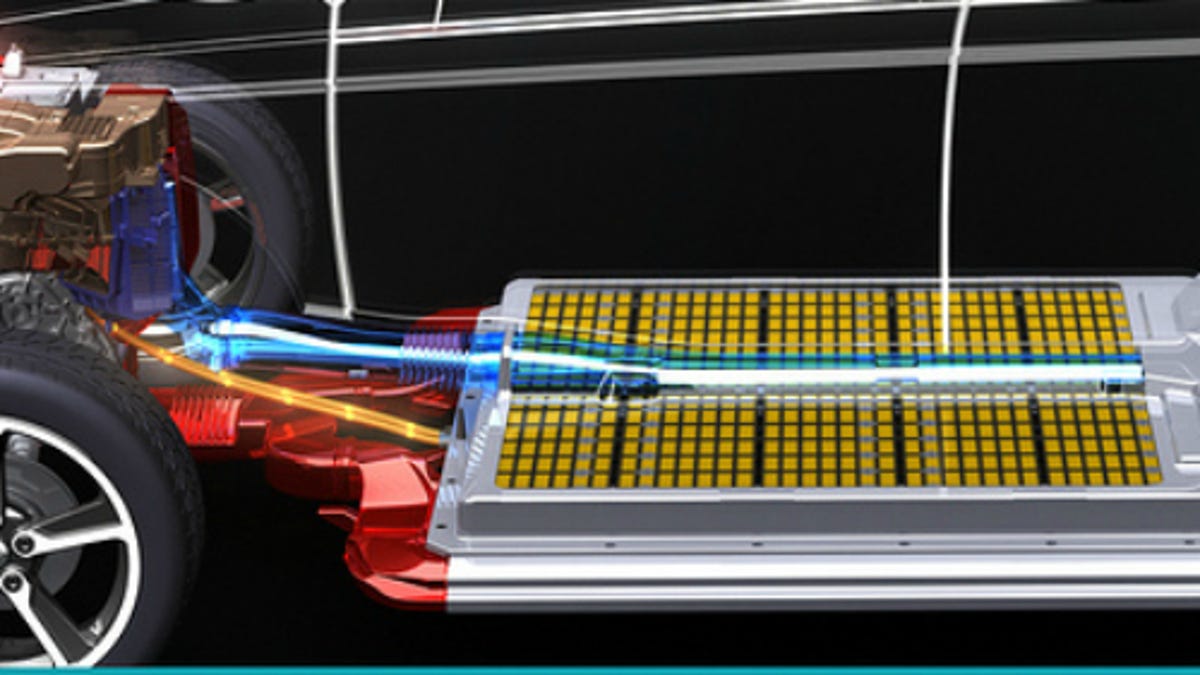Coda Auto pulls double duty for EVs and grid storage
Looking for a beachhead in the fledgling grid storage business, electric carmaker Coda opens a business unit to build battery systems for the grid.

Electric carmaker Coda Automotive thinks its car batteries are versatile enough to buffer the electric grid.
The company today announced a venture called Coda Energy, a business unit created to build stationary energy storage systems.
The expertise Coda acquired in designing lithium ion batteries for electric vehicles translates directly to the grid energy storage world, the company said. Its battery system includes an active thermal management to keep batteries at a safe temperature and it has a manufacturing partnership with Lishen in China to make products at large scale. It plans to make modular energy storage systems that can be built onto over time.
Coda's entry into grid storage is a new twist on the overlap between the electric vehicle and stationary energy storage industries. Most battery manufacturers, including A123 Systems and BYD, have designed systems for both industries, which helps bring scale to their operations and bring down production costs. Automakers, including Nissan and General Motors, are also actively looking to repurpose used EV batteries for grid storage.
Although battery makers and some analysts are bullish on how big the grid storage market will be, the volume of shipping-container-size grid batteries actually in service is very low. For example, AES Energy Storage, one of the most active companies in grid storage in the U.S., has a handful of sites that use lithium ion batteries to buffer the grid and provide frequency regulation services.
Coda's low-frills electric sedan is expected to go on sale early this year in California. The company is trying to distinguish itself from competitors in part on its battery system. A model with a 150-mile range will cost just under $40,000 and one with a 125-mile range will be $37,250 before a $7,500 federal tax credit and state incentives.

